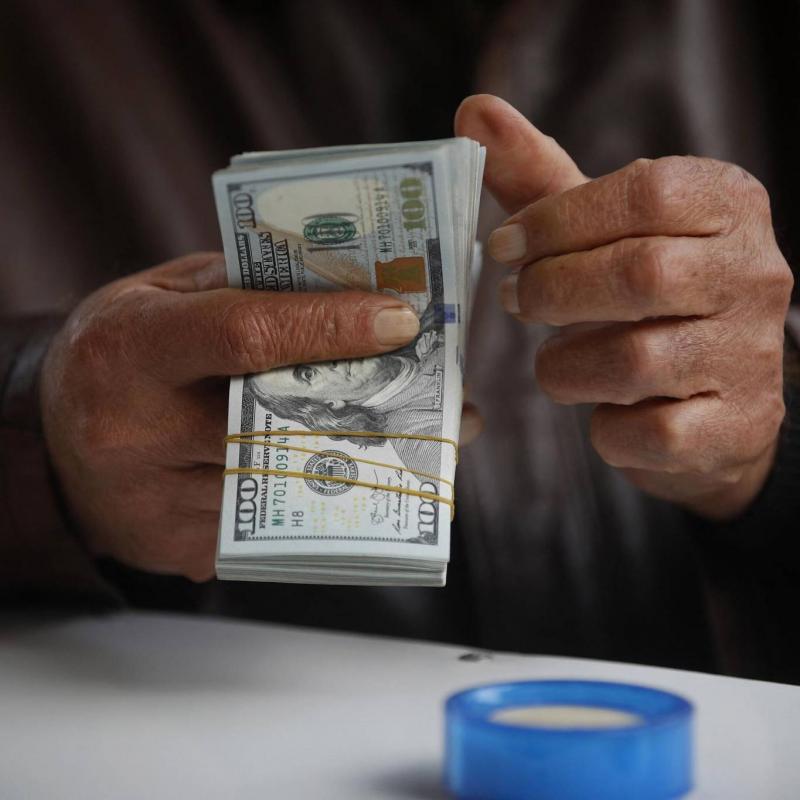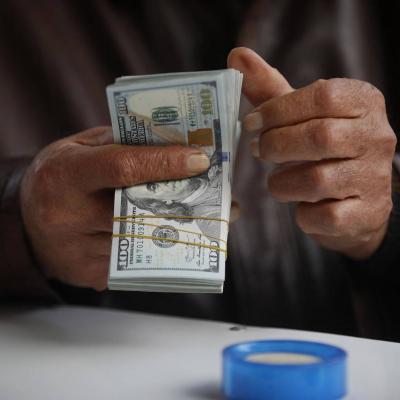The dollar declined on Wednesday after Fitch's decision to downgrade the U.S. credit rating raised questions about the country's financial outlook, though it received some support from a series of relatively strong economic data. On Tuesday, Fitch lowered the U.S. rating to AA+ from AAA, a move that sparked angry reactions from the White House and surprised investors, especially since it came two months after a solution was reached for the debt ceiling crisis. This prompted the dollar to fall against the euro, which rose to around $1.10. The single European currency increased by 0.11% to $1.0996 in the latest trading after hitting an earlier session high of $1.1020. The British pound also rose by 0.05% to $1.2782, while the U.S. dollar index in the latest trading increased by 0.09% to 102.09 points after experiencing a significant decline following Fitch's decision.
Rodrigo Catril, the chief currency analyst at National Australia Bank (NAB), stated, "We don’t think that Fitch’s decision is material. Certainly, we saw the market move a bit this morning, but in the near term, I don’t think it will be a long-term driving factor." The dollar also received some support from economic data released on Tuesday that showed job openings in the United States remained at levels consistent with tight labor market conditions, even as they fell to their lowest level in over two years in June.
The Japanese yen rose by 0.1% to 143.21 per dollar, reducing some of its earlier gains from Wednesday morning. The Australian dollar increased by 0.12% to $0.6621, recovering some losses after a sharp decline of 1.57% in the previous session when the Reserve Bank of Australia kept interest rates unchanged on Tuesday. The New Zealand dollar fell by 0.23% to $0.6136 after data showed that the unemployment rate in the country reached its highest level in two years in the second quarter.




